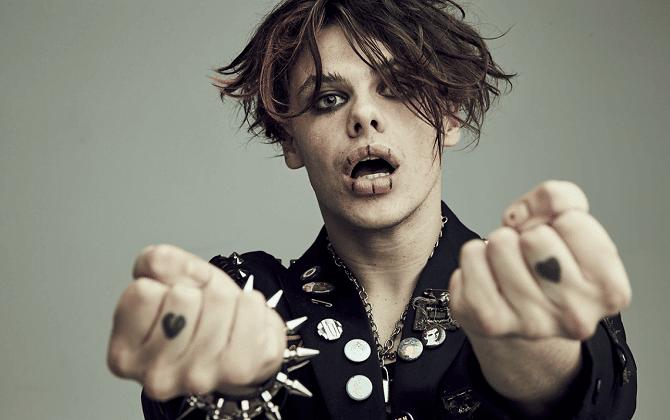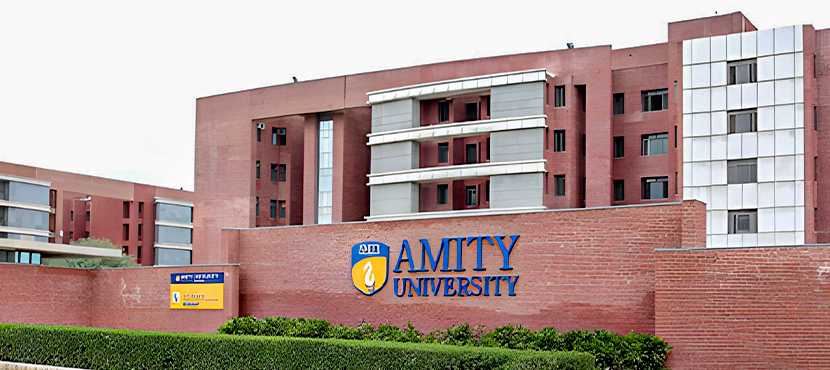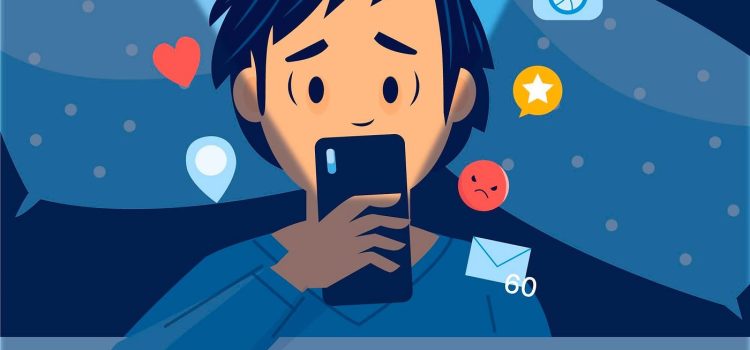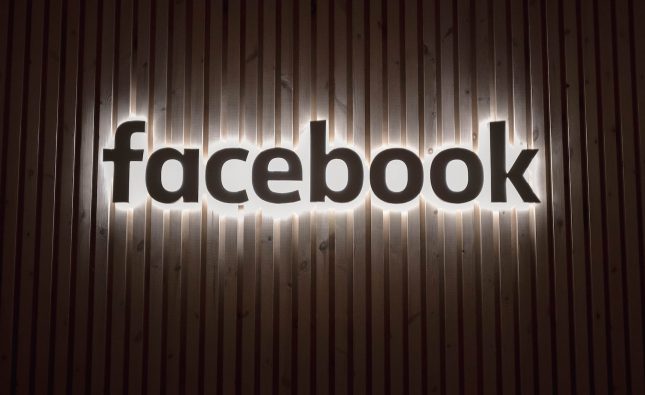
About the Author:
Dr. Amelia Moore, a licensed clinical psychologist with over 10 years of experience, is passionate about the intersection of technology and mental health. Through her work and writing, she aims to empower individuals to cultivate healthy online habits and safeguard their well-being in the digital age.
The Double-Edged Sword: Social Media’s Impact on Our Lives
Social media has become an undeniable force in our lives. It’s our go-to platform for connecting with friends across the globe, sharing life’s milestones, and discovering new passions. We scroll through perfectly curated feeds, laughing at funny memes and feeling inspired by travel bloggers. But beneath the veneer of connection, a darker side can lurk. Research suggests that excessive or unmindful social media use can have a negative impact on mental health, particularly for young adults and teenagers.
Consider Sarah, a bright 17-year-old who felt a pang of envy every time her feed flooded with pictures of friends at parties. Despite having a loving family, Sarah began to feel isolated and inadequate, convinced her life wasn’t as exciting as her peers’. This constant social comparison, a common experience on social media, can fuel feelings of anxiety and depression.
Beyond the Likes: Understanding Social Comparison and FOMO
Our brains are wired for social connection, and social media platforms capitalize on this. The endless stream of “likes” and positive comments triggers the release of dopamine, a feel-good chemical. However, this positive reinforcement can lead to a cycle of seeking validation online. We compare our carefully crafted highlight reels to others’ seemingly perfect lives, fueling feelings of inadequacy and the fear of missing out (FOMO).
A study published in the Journal of Adolescence Research found that teenagers who spent more time comparing themselves to others on social media were more likely to experience symptoms of depression and low self-esteem.

The Paradox of Connection: Can Social Media Cause Loneliness?
Ironically, social media, designed to connect us, can leave us feeling lonelier. The curated online world often creates unrealistic expectations of social interactions. We might find ourselves withdrawing from real-life connections, neglecting face-to-face interactions for the fleeting validation of online likes.
Imagine Michael, a college student who spends hours after class glued to his phone, scrolling through social media instead of engaging with his dorm mates. While surrounded by virtual connections, Michael feels a deep sense of loneliness, highlighting the disconnect between online presence and genuine connection.
Unplugging for Wellbeing: Strategies for Mindful Social Media Use
So, how can we navigate the social media landscape in a healthy way? Here are some tips:
- Practice mindfulness: Be aware of how much time you spend on social media and how it makes you feel. Schedule breaks and consider deleting the apps from your phone during certain times of the day.
- Curate your feed: Unfollow accounts that make you feel bad about yourself. Instead, follow people who inspire and uplift you.
- Focus on real-life connections: Prioritize face-to-face interactions with friends and family. Invest in quality conversations and shared experiences.
- Be authentic: Don’t get caught up in portraying a perfect online persona. Share your true self, flaws and all.
Cultivating a Positive Online Experience: Tips for Teens and Young Adults
For teens and young adults who are particularly vulnerable to the negative effects of social media, here are some additional tips:
- Open communication: Talk to a trusted adult about your online experiences, whether positive or negative.
- Focus on your strengths: Social media doesn’t define you. Celebrate your talents and accomplishments in the real world.
- Develop healthy coping mechanisms: Find ways to manage stress and anxiety that don’t involve social media, like exercise, hobbies, or spending time in nature.

Mental Health Matters: Recognizing Signs and Seeking Help
If you find yourself struggling with social media addiction, anxiety, or depression related to your online experiences, don’t hesitate to seek help. Talk to a therapist or counselor who can provide support and guidance.
Finding Balance: Social Media Use for Connection, Not Validation
Social media can be a powerful tool for connection and community. By being mindful of our online habits and prioritizing real-world interactions, we can harness the positive aspects of these platforms while safeguarding our mental well-being. Remember, social media should be a space for authentic connection, not a source of validation. With conscious effort, we can cultivate a healthy online presence that enhances our lives, not detracts from them.
Empowering Educators and Mental Health Professionals
While individuals have the responsibility to cultivate healthy online habits, educators and mental health professionals also play a crucial role. Here are some suggestions:
- Open discussions: Educators can integrate discussions about social media use and mental health into their curriculum.
- Digital literacy programs: Schools can implement programs that teach students about responsible social media use, critical thinking regarding online content, and the importance of online privacy.
- Mental health awareness: Mental health professionals can stay updated on the latest research regarding the impact of social media on mental health and incorporate these findings into their treatment plans.
Building a Supportive Community
Ultimately, creating a supportive community, both online and offline, is key. Social media platforms can implement features that encourage positive social interactions and discourage cyberbullying. Parents, teachers, and friends can create safe spaces for open communication about online experiences.
Conclusion: Reclaiming Your Social Space
Social media doesn’t have to be a mental health minefield. By approaching it with mindfulness, prioritizing real-life connections, and seeking help when needed, we can transform these platforms into tools for positive self-expression, connection, and community. Remember, you have the power to reclaim your social space, one like, one comment, and one genuine interaction at a time










